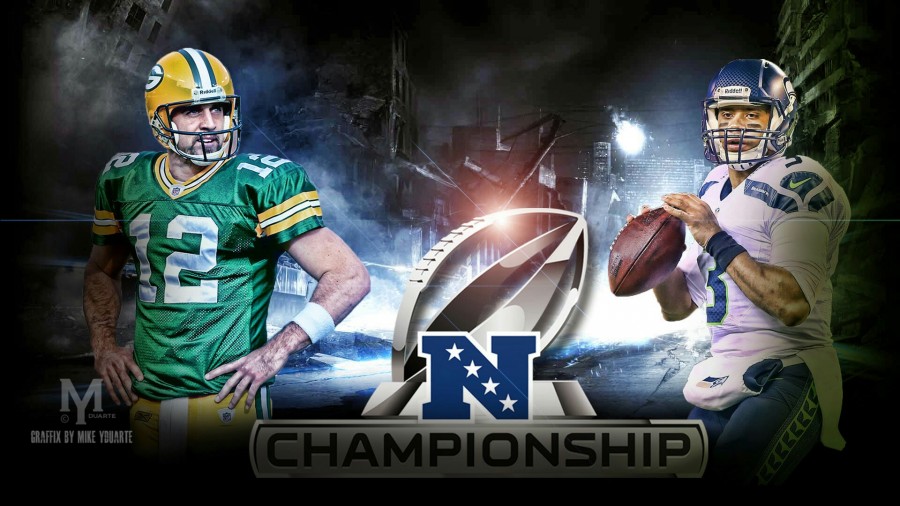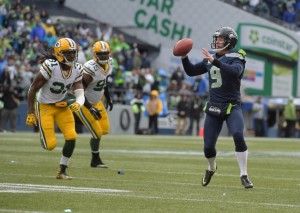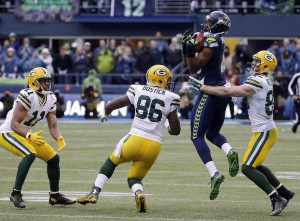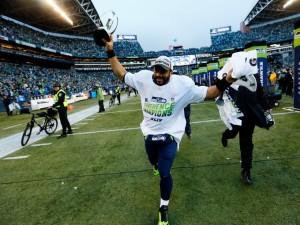Error #1 – The Packers went up 3–0 early in the 1st quarter and created a turnover off the ensuing kick-off. With this turnover, the Packers now had a “free” possession and the ball with 1st & Goal inside the +10 yard line. With a free possession (an offensive possession that a team does not plan for with a fumbled Kick-Off return) and only a 3 point lead – a Head Coaches’ management of the game must adapt to the score and the momentum within the game. Now was the time to define for your QB that the offense is in “four down” territory and the play calling reflects this plan of attack – to go for 6 points and not settle for a field goal. The Packers use up three plays and find themselves less then two yards from the Goal Line. Decision time for the Head Coach/Play Caller. Packers discard their attack style personality and go for another 3 point field goal. This score simply gives the Packers a 6 point margin that the opponent can wipe out on one drive. Packers failed to take a commanding lead in the game by treating a free possession like any other counted possession. Guilty of “coaching by the book” rather than taking advantage of the momentum within the game. The inability to adapt within the momentum of the game is Human Error. This type of mistake is a byproduct of game plan preparation when more prep time is spent by the Play Caller believing that opponent tendencies and computer data carry more value then preparing and anticipating for “game situations”. A common error by most NFL Play Callers.
More football games are lost due to kicking results than are won. Kicking situations are an area in which the big error is more in evidence than is the brilliant execution. This was never more evident than in Green Bay’s loss to Seattle for the NFC Championship. A ridiculous error by the Packers in defending a fake field goal by the Seahawks late in the third quarter. Seattle’s execution of the play was top notch considering the holder turned passer was running to his left and making a right handed pass to the corner of the end zone for six points.
With the game on the line, came major Error #2. The Packers failed to field an onside kick in the final moments of the 4th quarter giving the Seahawks another possession. These two major errors certainly made it difficult on the Packers to pull off an upset win against the “home team” Seahawks. However, what truly made the difference in the loss was the blatant mistake by the Packers of losing their offensive identity. Here was a team that was empowered by their wide open style all season – led by a QB who played at a high level whenever he had the ball in his hand. Aaron Rogers’ QB rating and the Packers’ offense were off the charts throughout the season when inside the Scoring Zone and playing winning football in the 4th quarter. How does this happen in a NFC Championship game??? Pin it on “human error”. The offensive play caller, who happens to be the Head Coach, managed and called the game as if he were playing not to lose, rather than playing to win.
Error #2 – With a lead at the mid 4th quarter mark, the Packers again lost their identity and courage when they held possession of the ball in the Open Zone (area of field between the 30 yard lines) and called three runs in a row attempting to bleed the clock while nursing a fragile lead. This series of plays led to 4th down and a punt. Play calling that took the ball right out of the hands of their QB who created his NFL reputation as a “winning ” 4th quarter performer. Think PLAYERS not PLAYS in these game defining situations. Two Human Errors in game management is a “Blue Print” for: How to lose a tightly contested game in the National Football League!!!




